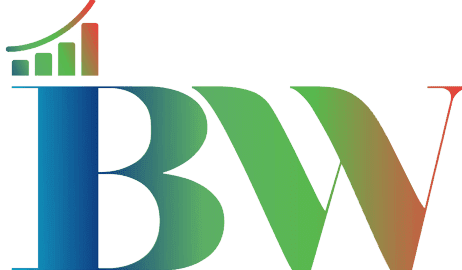Building Stronger Teams through the Art of Effective Language Use

Posted on September 25nd, 2024.
In today's fast-paced business world, effective communication and collaboration are the cornerstones of success. Building stronger teams is not just about having skilled individuals; it's about fostering group communication that thrives on the art of effective language use.
In this blog post, we'll explore how mastering communication practices can enhance teamwork and collaboration within your organization.
How the Art of Effective Language Use Can Help you Build Stronger Teams
The Power of Effective Language Use
Effective language use is more than just choosing the right words. It's about conveying ideas, fostering understanding, and inspiring action. When teams harness the art of effective language use, they can break down barriers, align their goals, and drive collective achievements.
The Foundations of Effective Communication
Effective communication is the bedrock upon which successful teams are built. It begins with a clear understanding of the basics, including active listening, empathy, and open dialogue.
Active Listening: The Key to Understanding
Listening isn't just about hearing words; it's about understanding the message behind them. Teams that actively listen to one another are better equipped to respond effectively, provide constructive feedback, and avoid misunderstandings.
Empathy: Building Bridges of Understanding
Empathy is the ability to put oneself in another's shoes. When team members practice empathy in their communication, they create a supportive and inclusive environment where everyone's perspective is valued.
Open Dialogue: Fostering Transparency
Open and honest communication is essential for collaboration to thrive. Teams should encourage transparent discussions that allow for the free exchange of ideas, concerns, and feedback.
The Role of Language in Teamwork and Collaboration
Language is the primary tool teams use to convey their thoughts and ideas. To achieve effective teamwork and collaboration, it's crucial to understand how language can either enhance or hinder these processes.
Language as a Unifying Force
A common language serves as a bridge that connects team members, regardless of their backgrounds or roles. When everyone in a team speaks the same language, it becomes easier to share ideas and work toward common goals.
Avoiding Communication Pitfalls
Miscommunications can be detrimental to teamwork. Understanding potential communication pitfalls, such as jargon, assumptions, and vague language, can help teams navigate these challenges successfully.
Collaboration through Clear Communication
Collaboration and communication are inseparable partners. To achieve true collaboration, teams must master the art of clear and concise communication.
Clarity in Communication
Clear communication ensures that team members understand their roles, responsibilities, and objectives. Ambiguity can lead to confusion and hinder progress.
Conciseness in Messages
In a busy workplace, brevity is essential. Teams should aim to convey their messages concisely and directly to avoid information overload and keep everyone on the same page.
Cultivating Effective Communication Practices
Effective communication doesn't happen by chance; it's a skill that can be cultivated and refined over time. Here are some practical steps your team can take to enhance its communication practices.
Communication Training
Investing in communication training for your team members can yield significant benefits. These programs can improve listening skills, enhance empathy, and teach techniques for clear and effective communication.
Regular Feedback
Feedback is a valuable tool for improving communication. Encourage team members to provide constructive feedback to each other, helping everyone grow in their communication skills.
Measuring Success through Collaboration
Effective communication and collaboration are not abstract concepts; they should lead to tangible results. Teams should establish key performance indicators (KPIs) to measure the success of their collaborative efforts.
KPIs for Team Collaboration
Identify KPIs that are specific to your team's goals and projects. These could include metrics like project completion time, client satisfaction, or revenue growth resulting from collaborative efforts.
Building a Culture of Effective Language Use
To make the art of effective language use an integral part of your team's DNA, it's essential to create a culture that values and prioritizes communication and collaboration.
Leadership's Role
Leaders play a pivotal role in fostering a culture of effective communication. Lead by example, promote open dialogue, and encourage team members to embrace the art of effective language use.
Continuous Improvement
Effective communication is an ongoing journey. Encourage your team to continually seek ways to improve their communication practices and adapt to evolving needs.
Conclusion
In conclusion, mastering the art of effective language use is the key to building stronger teams that excel in group communication, teamwork, and collaboration. By investing in communication training, practicing active listening, and fostering a culture of transparency, your organization can unlock its full potential.
If you're ready to enhance your team's communication and collaboration skills, we invite you to get in touch with BW Communications. Contact us at 510-928-1029 or via email at [email protected]. Together, we can empower your team to achieve greater success through the power of language.
Reach Out
How Can We Help?
Let us help you become an even better leader! Please use the form below to contact us with any questions about our coaching and training services, and we'll be back in touch as soon as possible.
